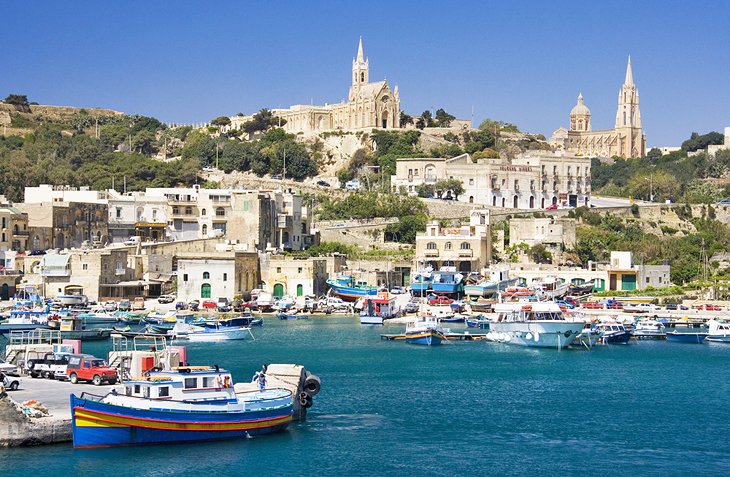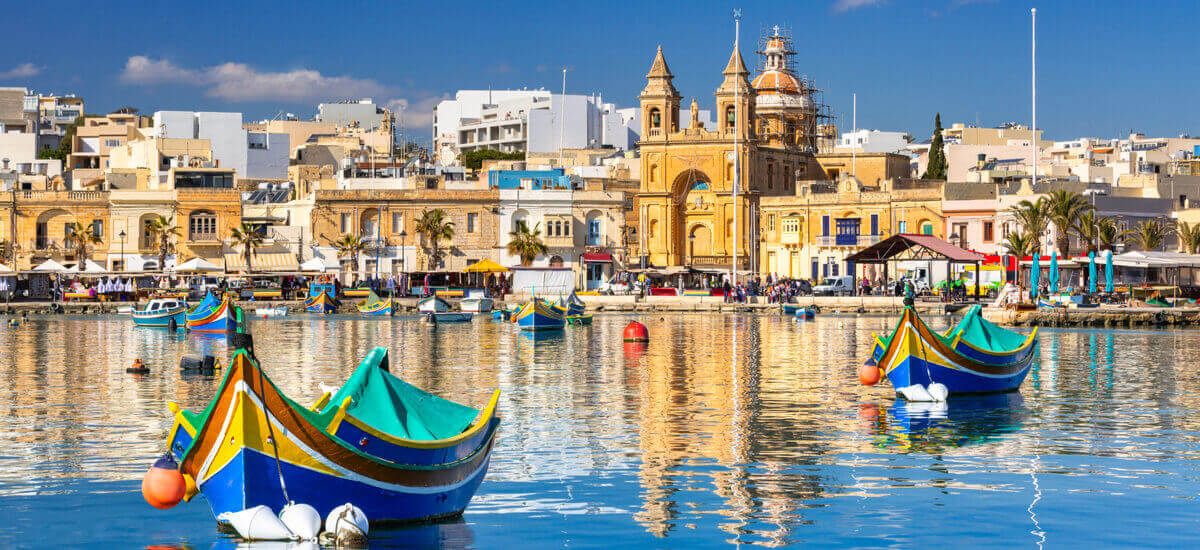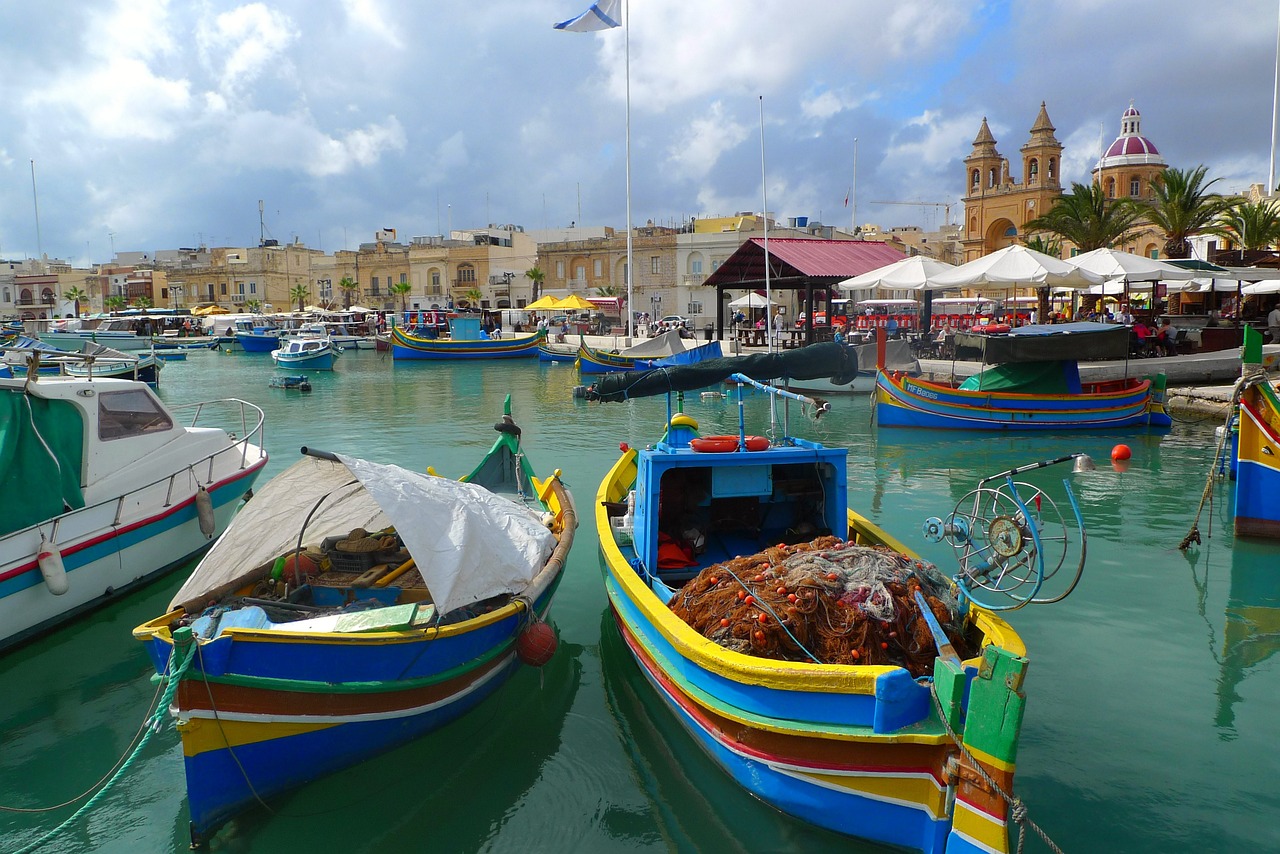With a favorable real estate market, pleasant weather, and welcoming locals, Malta has become an attractive destination for foreigners looking to purchase property. In fact, statistics show that there has been a significant increase in the number of property purchases by foreigners in recent years. However, navigating the process of buying property in a foreign country can be complex and overwhelming. This article aims to provide essential tips for foreigners considering purchasing property in Malta, focusing on the requirements for both EU and non-EU citizens, the procedures involved in acquiring property, considerations for property inspection, as well as financial assistance and schemes available. Whether you are a European citizen or from outside the EU, this article will equip you with the necessary information to make an informed decision and ensure a smooth property buying experience in Malta.
Key Takeaways
- Different requirements exist for purchasing real estate in Malta based on citizenship (EU vs. non-EU).
- EU citizens need an Acquisition of Immovable Property (AIP) permit for a second home, with price restrictions.
- Non-EU citizens need an AIP permit for all property purchases in Malta, with a restriction on the number of properties.
- Consider additional fees associated with purchasing real estate in Malta, such as financial advisor fees, surveyor fees, mortgage fees, furniture costs, insurance costs, translation costs, stamp duty, and international bank transfer fees.
Requirements for EU Citizens
EU citizens who wish to purchase real estate in Malta must obtain an Acquisition of Immovable Property (AIP) permit for a second home, with price restrictions, while no restriction or permit is needed for purchasing a first home. The AIP permit for a second home is subject to certain property price restrictions. In order to apply for the permit, EU citizens must complete the necessary form, attach the required documentation, and pay the relevant fee. The documentation requirements typically include a copy of the applicant’s passport, proof of residency in Malta, and proof of income. It is important for EU citizens to adhere to these requirements in order to ensure a smooth and successful property purchase process in Malta.
Requirements for Non-EU Citizens
Non-EU citizens are required to obtain an Acquisition of Immovable Property (AIP) permit for all property purchases in Malta. However, there are restrictions on the number of properties they can acquire. The process for obtaining an AIP permit involves completing a form, attaching necessary documents, and paying a fee. It is important to note that properties acquired under an AIP permit cannot be rented out or divided for subletting. To provide a clearer understanding of the restrictions on property purchases for non-EU citizens, the following table outlines the limitations:
| Restrictions on Property Purchases for Non-EU Citizens |
|---|
| Maximum number of properties that can be acquired |
| Restrictions on property types |
| Duration of AIP permit validity |
| Additional requirements for property purchases |
Understanding these restrictions and following the proper process for obtaining an AIP permit is essential for non-EU citizens interested in purchasing property in Malta. Seeking guidance from professionals experienced in the Maltese real estate market can also help navigate through the complexities of buying real estate in the country.
Procedures for Acquiring Property
The process of acquiring real estate in Malta involves a series of procedures that must be followed diligently to ensure a smooth transaction, much like carefully navigating a complex maze to reach the desired destination. When purchasing property in Malta, there are several legal considerations that buyers must be aware of. These include obtaining the necessary Acquisition of Immovable Property (AIP) permit, completing the required forms, attaching the necessary documents, and paying the associated fees. It is important to note that properties acquired under the AIP permit cannot be rented out or divided for subletting. Additionally, buyers should consult the Planning Authority before making any changes to the purchased property. To navigate the property purchasing process successfully, it is advisable to seek independent legal advice to ensure compliance with the regulations and to avoid biased information.
Considerations for Property Inspection
One important aspect to consider is conducting a thorough inspection of the property before finalizing the purchase. This step is crucial to ensure that the property is in good condition and meets your requirements. It is recommended to hire a professional inspector who can assess the structural integrity, electrical and plumbing systems, and overall condition of the property. Additionally, obtaining an Energy Performance Certificate from the previous owner can provide valuable information about the building’s energy efficiency. Furthermore, it is advisable to seek independent legal advice to navigate the complex legalities involved in purchasing real estate in Malta. They can provide guidance and ensure that you are well-informed about the legal obligations and potential risks. Lastly, it is worth noting that despite the pandemic, Malta’s real estate market has performed well, with properties in Valletta experiencing significant price increases. Therefore, it is essential to consider the impact of the pandemic on property prices and make an informed decision.
| Considerations for Property Inspection |
|---|
| Hire a professional inspector |
| Obtain an Energy Performance Certificate |
| Seek independent legal advice |
Financial Assistance and Schemes
Financial assistance and schemes offered by the Maltese government provide significant benefits to individuals seeking to invest in real estate in Malta. The Maltese government offers various services and schemes to financially assist foreigners buying real estate in the country. One such scheme is the Redemption of Ground Rent Scheme, which allows the conversion of temporary ground rent to perpetual ground rent. This scheme provides stability and security for property owners. Additionally, the Grant to Assist Owners scheme helps buyers construct, complete, or rehabilitate their first home, with different grant amounts based on marital status and circumstances. These grants can greatly alleviate the financial burden of purchasing and improving a property. It is advisable for potential buyers to explore these services and schemes offered by the Maltese government to make their real estate investment in Malta more financially feasible and rewarding.
Frequently Asked Questions
Are there any restrictions on the types of properties that can be purchased by foreigners in Malta?
Foreigners in Malta are allowed to purchase various types of properties, including historical homes. However, legal requirements such as obtaining an Acquisition of Immovable Property permit and adhering to restrictions on the number of properties apply.
What is the process for obtaining an Acquisition of Immovable Property (AIP) permit for non-EU citizens?
The AIP permit requirements for non-EU citizens purchasing real estate in Malta include submitting an application form, providing necessary documents, and paying a fee. The application process for an AIP permit must be completed before acquiring a property.
What are some important considerations to keep in mind when inspecting a property in Malta?
When inspecting a property in Malta, it is important to consider the location and factors that affect property valuation. These include proximity to amenities, transport links, potential for capital growth, and any development plans in the area.
What financial assistance and schemes are available for foreigners buying real estate in Malta?
Foreigners buying real estate in Malta can benefit from the Maltese government’s services and schemes. These include the Redemption of Ground Rent Scheme and the Grant to Assist Owners. Tax implications and financing options for foreigners are also available.
Is it necessary to hire a property negotiator when buying real estate in Malta as a foreigner?
Hiring a property negotiator in Malta can be beneficial for foreigners buying real estate. Pros include their expertise, local knowledge, and negotiation skills. However, cons include additional costs and the need to find a trustworthy and reliable negotiator. Factors to consider include budget, familiarity with the market, and personal preferences.













